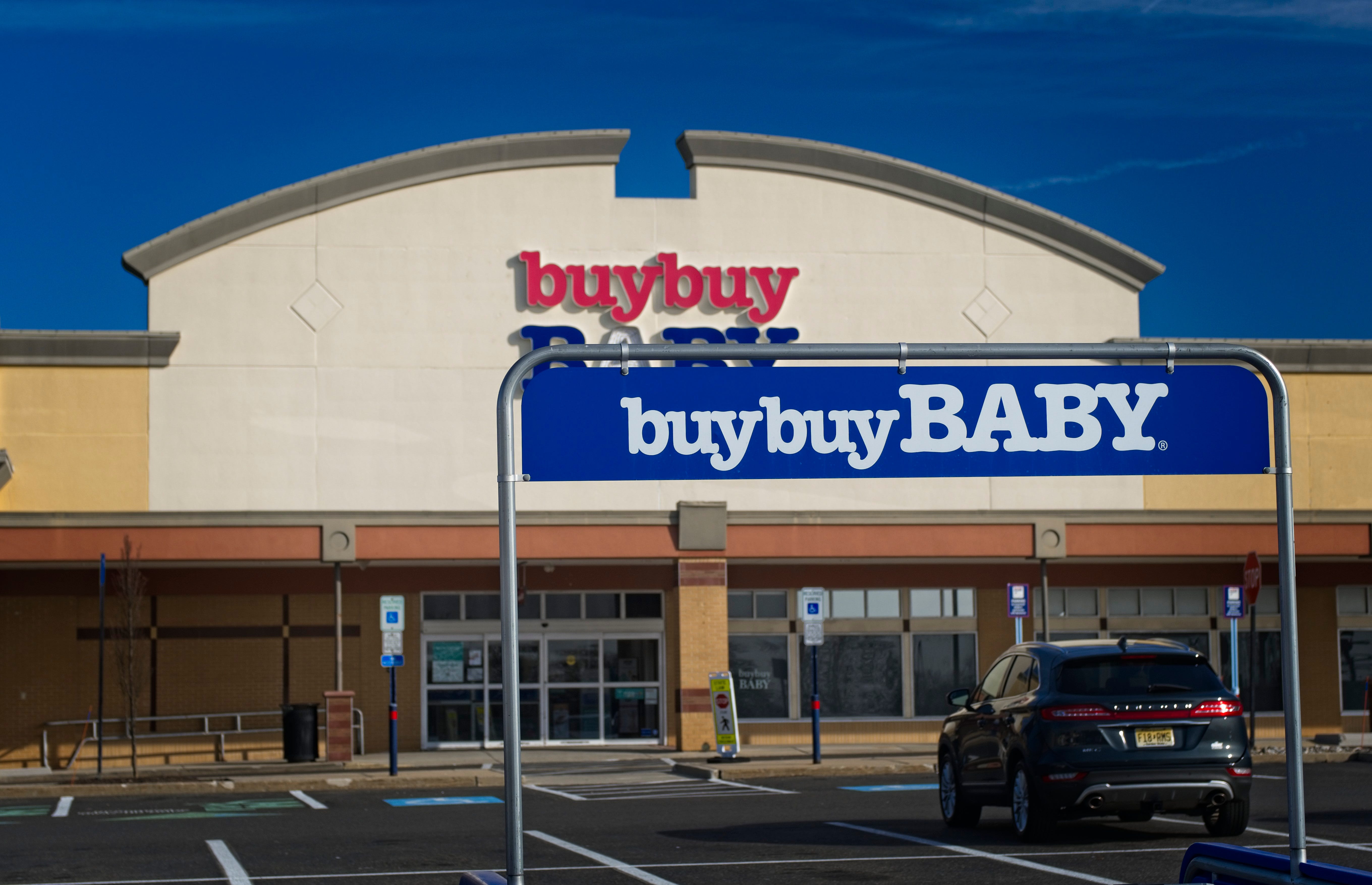In a surprising turn of events, Buybuy Baby, a subsidiary of Bed Bath & Beyond Inc., has announced the closure of all its physical stores, opting for an online-only model. This decision comes roughly a year after new owners attempted to revive the brand, signaling a need for a strategic reset in response to the current economic climate.
The company made the announcement on its website, expressing the difficulty of the decision to close its physical stores by the end of the year. Despite recognizing the disappointment this news may bring to customers, Buybuy Baby emphasized that this choice was not made lightly. To ease the transition, the company began offering closing sales on almost everything in-store, with gift cards still being accepted through October 31 and registries remaining available online.
Buybuy Baby’s attempt at a physical store comeback was short-lived, as the brand ultimately filed for Chapter 11 bankruptcy in 2023 due to years of declining sales and failed turnaround efforts. As part of its bankruptcy liquidation, all Buybuy Baby stores were shuttered, and its intellectual property assets were sold to Dream on Me Industries for $15.5 million in July 2023.
However, there seems to be a glimmer of hope for the brand as its new parent company plans to relaunch its website and reopen 11 stores. With ambitions for a national expansion and the reopening of 100 stores over a three-year period, Buybuy Baby is poised for a potential comeback under new ownership.
In a related development, Bed Bath & Beyond Inc., the parent company of Buybuy Baby, Overstock, and Zulily, announced a $40 million investment in the Container Store Group to relaunch some of the Bed Bath & Beyond products in stores. This partnership will see a dedicated section within Container Store locations showcasing a co-branded assortment of kitchen, bath, and bedroom products from Bed Bath & Beyond.
As the retail landscape continues to evolve, it is clear that companies like Buybuy Baby and Bed Bath & Beyond are adapting to meet the changing needs of consumers. By embracing online models, strategic partnerships, and innovative approaches to retail, these iconic brands are positioning themselves for success in a challenging economic environment.



















